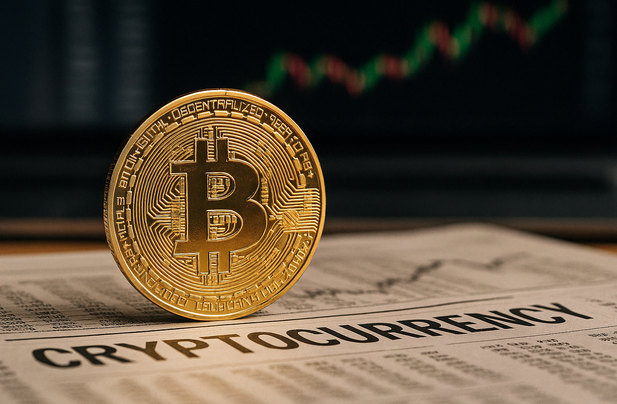TLDR
- Crypto trader made $190M shorting Bitcoin, now bets $56K on CZ pardon.
- The trader’s $56K Polymarket bet suggests insider knowledge or market foresight.
- $2B WLFUSD Stablecoin investment by CZ linked to pardon prediction.
- Former BitForex CEO Garrett Jin denies connection to controversial wallet.
A crypto trader who previously gained attention for making $190 million by shorting Bitcoin and Ethereum before a key announcement from former President Donald Trump is now under scrutiny again. This time, the trader is allegedly linked to a bet on Trump pardoning Binance founder Changpeng “CZ” Zhao. On-chain data suggests the trader won $56,522 betting on the pardon, raising questions about the potential use of insider knowledge.
Crypto Trader’s Alleged Bets and Previous Successes
The crypto trader’s name has become familiar in the industry due to their high-profile success in predicting market movements. In 2018, they reportedly made $190 million by shorting Bitcoin and Ethereum just hours before a tariff announcement from President Trump caused a sharp market decline. Their actions raised suspicions that they may have had access to insider information.
Now, the same trader has been linked to a bet on Polymarket, where they wagered $56,522 on the prediction that Trump would pardon Changpeng Zhao in 2025. Zhao, the founder of Binance, had been facing legal issues, which led some to believe that a potential pardon was in the works. The trader’s timely bet has once again raised questions about whether they had advance knowledge of Trump’s decision.
Disputes Over Insider Knowledge
The recent bet on Zhao’s pardon has reignited the debate about the trader’s potential access to confidential information. Some industry insiders, like on-chain sleuth Euan, have pointed to the timing of the trade and the connection between the trader’s wallet and the Polymarket bet as signs of insider knowledge. Other observers, such as crypto commentator Coffeezilla, have suggested that the trader might know something others don’t, further fueling speculation.
However, not everyone agrees with these conclusions. Some argue that the pardon was widely anticipated, making the bet not as surprising. Jacob King, CEO of Swan Desk, stated that the pardon seemed “obvious,” claiming that CZ’s large investment into the WLFUSD Stablecoin could have indicated an arrangement for a potential pardon. King revealed that he himself profited significantly from betting on the pardon, earning $956,000.
The $56,000 Pardon Bet and the WLFUSD Stablecoin Investment
The connection between Changpeng Zhao’s legal situation and the potential for a presidential pardon was not entirely unexpected. Some industry experts, like King, argue that Zhao’s actions, including his $2 billion investment in the WLFUSD Stablecoin, could have been seen as a signal that the Binance founder might receive a pardon. King emphasized that this move practically “screamed pay-for-pardon.”
Zhao’s legal troubles, paired with his prominent role in the crypto world, made discussions about a potential pardon a common topic. While the trader’s bet of $56,522 was profitable, it is still a relatively small amount compared to their previous success, leading some to question whether it could really be considered insider trading.
Crypto Executive Denies Connection to Wallet
Amid the ongoing speculation, Garrett Jin, the former CEO of BitForex, has denied any involvement with the crypto wallet associated with the trades. Jin previously responded to rumors that he controlled the wallet used for the 2018 Bitcoin shorting trades, which he denied. In recent statements, Jin reiterated that the wallet was not his and clarified that his company operates funds for clients, offering in-house insights, but does not engage in insider trading.
Jin’s denial does not put an end to the ongoing debate, as some continue to tie the wallet’s activity to the trader’s past performance and the latest market bets. While suspicions persist, others maintain that the trader’s actions may simply reflect an accurate understanding of the market rather than any access to confidential information.







